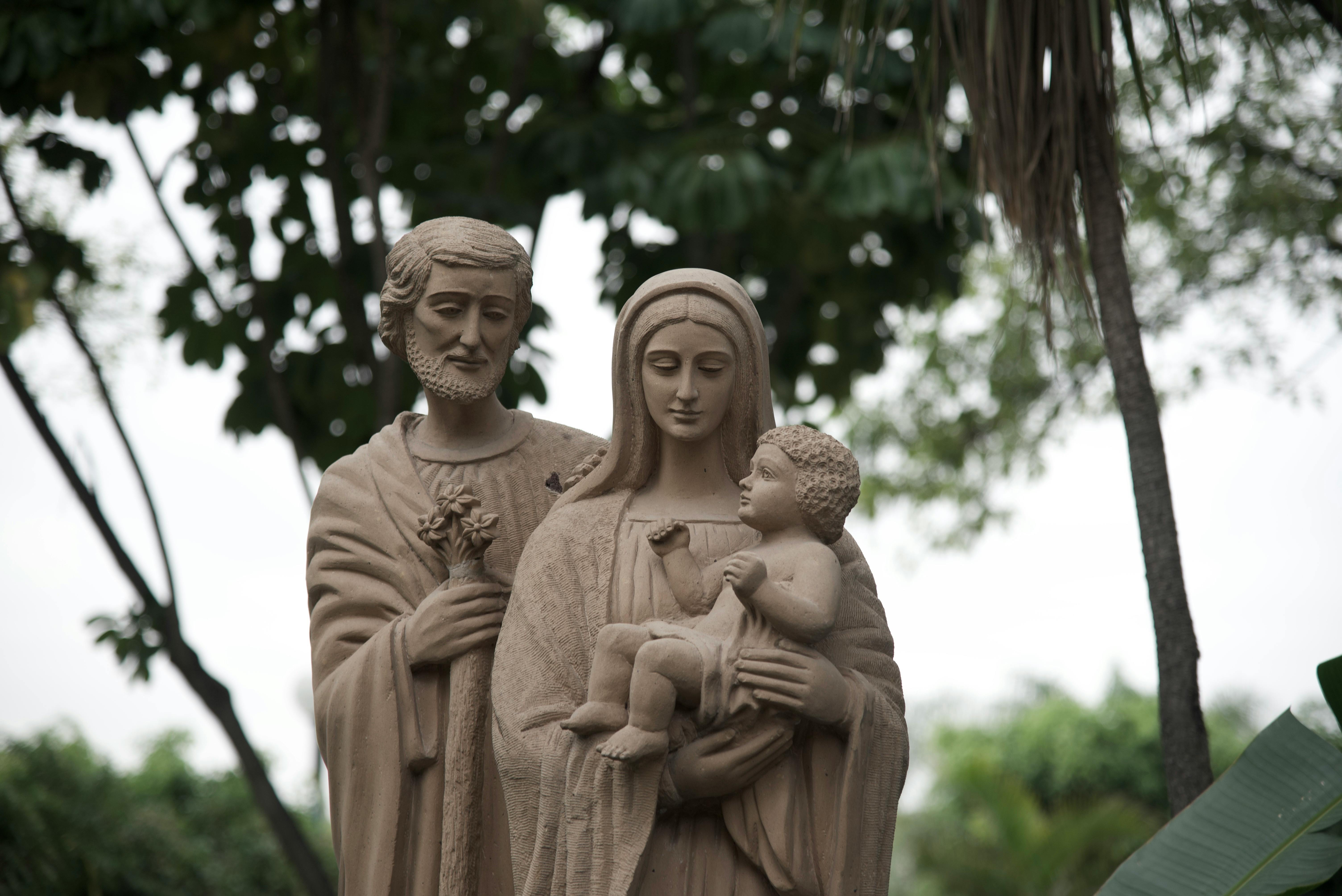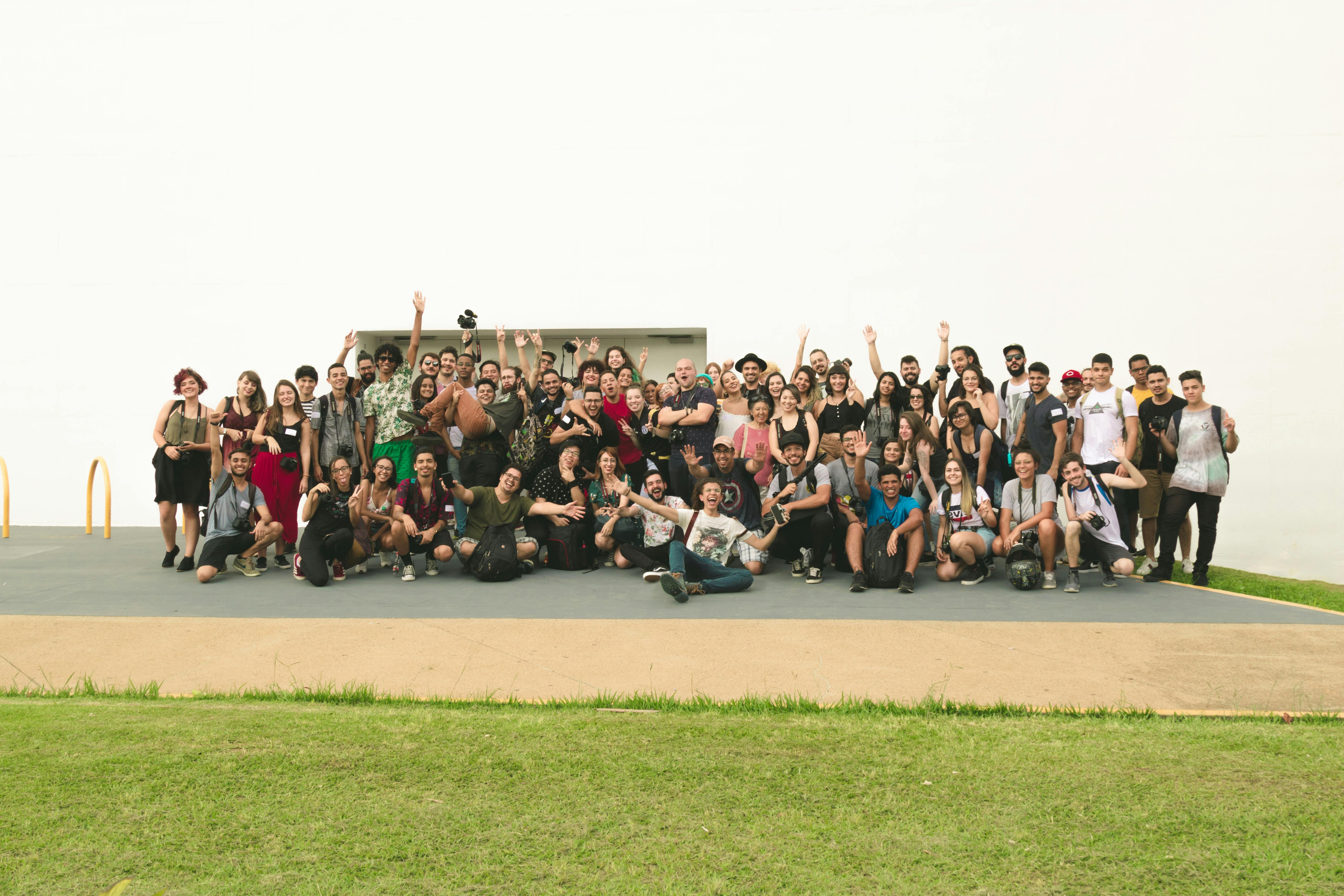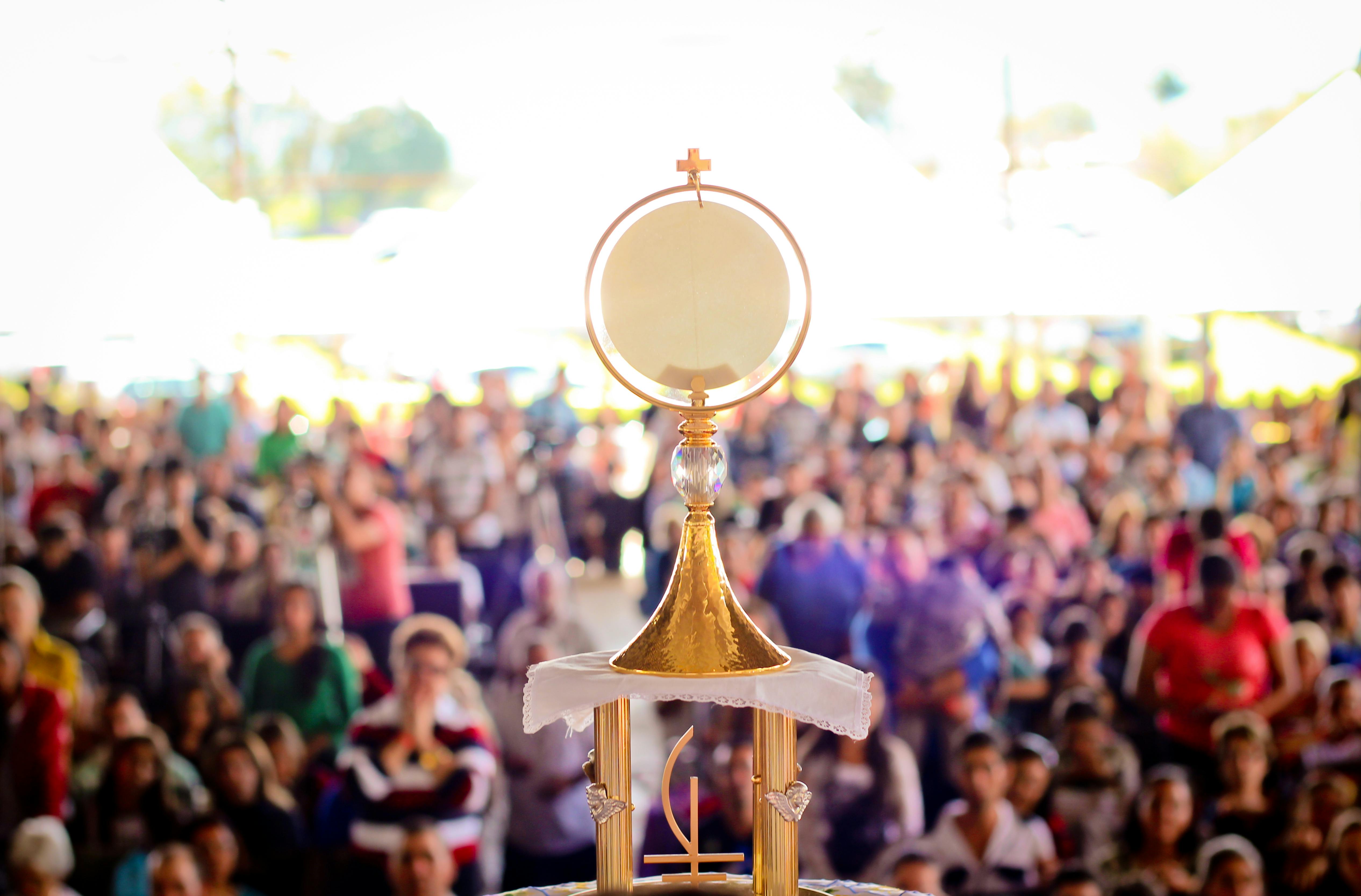I was explaining to one of my daughters recently the difference between an urgent care clinic and the emergency department at a hospital. I told her that the very broad rule is if you are concerned about the loss of life, limb, or eyesight, go to the emergency department. I don’t honestly know if this is old advice, perhaps there has been an update, but it’s what I went with. She thought about it for a minute, and then asked, “What about loss of hearing?”
What is it about eyesight that we are so very concerned about, even over and above another critical sense like hearing? I believe today’s Gospel may hold one clue about the importance of sight.
Jesus challenges his disciples to discover a new way of seeing. Rather than starting from their own perspective, they should adopt God’s perspective. What does this mean? Jesus offers some examples. To start with, stop judging other people based on preconceived notions, biases, understanding, and desires. What one person believes to be the truth of a particular situation may be incorrect because they don’t have all the facts. It can be very easy to point out all the ways someone else’s behavior is problematic, but how much harder is it to consider how our own behavior affects others.
To see the world as God sees the world. God sees each of us as beloved children, cherished and uniquely created with mission and purpose on this earth. No one is expendable, no one is unwanted. Everyone is loved. There is something of critical importance in these statements to understand. It is not just that everyone else is loved, cherished, unique, etc. It means that you too, dear reader, are loved, cherished, unique, wanted, created with mission and purpose. When each of us wake up in the morning, can we honestly claim these adjectives about ourselves? Do we really see ourselves the way that God sees us?
Jesus is trying to show us something about ourselves. We have disordered sight. We would rather not look at our faults and we often overplay any good qualities we have received, forgetting who gave them to us in the first place. At the same time, the faults of others are highlighted while their good qualities are undervalued. We don’t see others clearly, but we also don’t see ourselves clearly. Jesus tells us to remove the beam from our own eye before we can help someone with a splinter. Jesus is saying that if we wish to see others clearly, we first have to see ourselves clearly. And the way to see with clarity is to allow God to transform our sight so that we can see as He sees.
Hace poco le estaba explicando a una de mis hijas la diferencia entre una clínica de urgencias y el departamento de emergencias de un hospital. Le dije que la regla general es que si te preocupa la pérdida de la vida, de una parte del cuerpo o de la vista, debes acudir al departamento de emergencias. Honestamente, no sé si este consejo es antiguo, tal vez haya una actualización, pero es lo que yo utilicé. Ella lo pensó por un minuto y luego preguntó: “¿Y la pérdida de audición?”
¿Qué es lo que nos preocupa tanto de la vista, incluso más que otro sentido crítico como la audición? Creo que el Evangelio de hoy puede tener una pista sobre la importancia de la vista.
Jesús desafía a sus discípulos a descubrir una nueva forma de ver. En lugar de comenzar desde su propia perspectiva, deberían adoptar la perspectiva de Dios. ¿Qué significa esto? Jesús ofrece algunos ejemplos. Para empezar, dejar de juzgar a otras personas basándote en nociones preconcebidas, prejuicios, comprensión y deseos. Lo que una persona cree que es la verdad de una situación particular puede ser incorrecto porque no tiene toda la información. Puede ser muy fácil señalar todas las formas en que la conducta de otra persona es problemática, pero ¿cuánto más difícil es considerar cómo nuestra propia conducta afecta a los demás?
Ver el mundo como Dios lo ve. Dios nos ve a cada uno de nosotros como hijos amados, queridos y creados de manera única con una misión y un propósito en esta tierra. Nadie es prescindible, nadie es indeseado. Todos somos amados. Hay algo de importancia crítica en estas declaraciones que debemos entender. No se trata solo de que todos los demás sean amados, queridos, únicos, etc. Significa que tú también, querido lector, es amado, querido, único, deseado, creado con una misión y un propósito. Cuando cada uno de nosotros se despierta por la mañana, ¿podemos afirmar honestamente estos adjetivos sobre nosotros mismos? ¿Realmente nos vemos de la forma que Dios nos ve?
Jesús está tratando de mostrarnos algo sobre nosotros mismos. Tenemos una vista desordenada. Preferimos no mirar nuestras faltas y a menudo exageramos las buenas cualidades que hemos recibido, olvidando quién nos las ha dado desde un principio. Al mismo tiempo, resaltamos las faltas de los demás y subestimamos sus buenas cualidades. No vemos a los demás con claridad, pero tampoco nos vemos a nosotros mismos con claridad. Jesús nos dice que saquemos la viga de nuestro propio ojo antes de poder ayudar a alguien con una paja. Jesús está diciendo que si deseamos ver a los demás con claridad, primero tenemos que vernos a nosotros mismos con claridad. Y la manera de ver con claridad es permitir que Dios transforme nuestra vista para que podamos ver como Él ve.
 Kate Taliaferro is an Air Force wife and mother. She is blessed to be able to homeschool, bake bread and fold endless piles of laundry. When not planning a school day, writing a blog post or cooking pasta, Kate can be found curled up with a book or working with some kind of fiber craft. Kate blogs at DailyGraces.net.
Kate Taliaferro is an Air Force wife and mother. She is blessed to be able to homeschool, bake bread and fold endless piles of laundry. When not planning a school day, writing a blog post or cooking pasta, Kate can be found curled up with a book or working with some kind of fiber craft. Kate blogs at DailyGraces.net.
Feature Image Credit: Lisa Fotios, pexels.com/photo/mirror-on-hand-2412353/
The views and opinions expressed in the Inspiration Daily blog are solely those of the original authors and contributors. These views and opinions do not necessarily represent those of Diocesan, the Diocesan staff, or other contributors to this blog.











